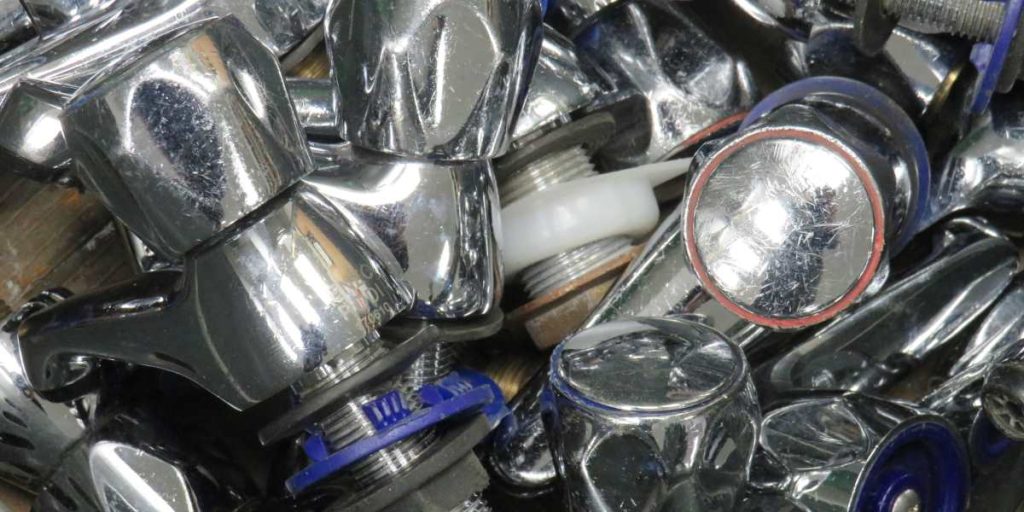
Amongst the many things that make plumbing such an attractive career path, the sector's varied progression opportunities will undoubtedly be one of the biggest draws to many people.
For those already working in the plumbing industry, what’s next? There are several advanced plumbing courses and other related training options that you can consider as a way of growing your skill set and increasing the scope of work you can take on.
Below are just a few of the progression areas that could appeal to an experienced plumber.
Completing a gas engineer course
A common progression route for plumbers is to complete a gas engineering course. Given the frequent links between the two trades, the skill sets complement each other incredibly well and the ability to work across both areas is a great way to offer a fuller service to clients.
Thanks to numerous crossover skills, such as pipework, soldering and a general understanding of heating and water systems, streamlined gas courses are available for experienced plumbers looking to complete their qualification.
Along with standing out to potential employers and customers, holding gas qualifications as well as plumbing ones can be an effective way to boost your earning potential. Gas engineers typically earn more (£39,770) on average than plumbers (£33,877) (figures correct at time of writing).
Specialising in green technologies
Soaring bills have led homeowners to become more wary about their energy consumption. Now more than ever, knowledge and expertise in greener technologies that can save people money is sought-after.
Taking the time to complete specialist training like an energy efficiency course could be a very worthwhile investment. Along with this, with the right qualifications you could consider additional training on other sustainable technologies that will no doubt prove invaluable in the immediate and long-term future.
NVQ in plumbing
While holding an NVQ isn’t a legal requirement for a plumber, gaining this industry-recognised accreditation is worth considering, and does become mandatory if you wish to work in a commercial setting, which typically entails much larger, complex plumbing systems and industrial-grade boilers, pipes and sewers.
For those who do plan to work in a commercial setting, or on a construction site, then training up to NVQ Level 2 will be necessary, as this level of qualification is needed when it comes to applying for a CSCS card.
WRAS for heating and plumbing installers
Another beneficial additional plumbing course is Water Regulations (WRAS), which upon completion allows a person to join their local Water Industry Approved Plumber Scheme (WIAPS), Competent Person Scheme (CPS) or the Microgeneration Certification Scheme).
Plumbing courses at Able Skills
Able Skills offers a range of advanced plumbing courses as well as dedicated gas courses built specifically for experienced plumbers. You can find more information about all of these training options online here.